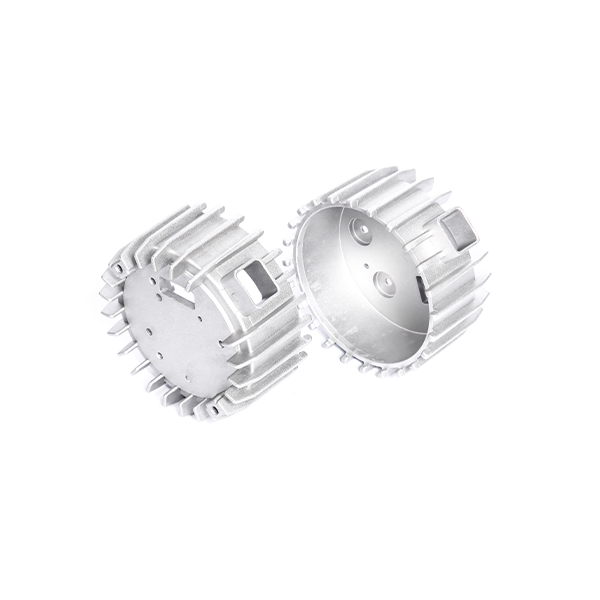Mobile:+86-311-808-126-83
Email:info@ydcastings.com
turbine pump impeller
The Importance of Turbine Pump Impellers in Modern Applications
Turbine pumps are critical components in a wide range of industrial applications, providing efficient fluid transfer for various processes. At the heart of these pumps lies the impeller, a vital element responsible for converting mechanical energy into hydraulic energy, thus enabling the movement of fluids. Understanding the design, functionality, and significance of turbine pump impellers is essential for those involved in engineering, manufacturing, and maintenance of pumping systems.
An impeller is generally a rotating component featuring blades that impart energy to the fluid. As the impeller spins, it creates a centrifugal force that pushes the liquid outward, increasing its velocity and pressure. In the case of turbine pumps, these impellers are specifically designed to handle higher volumes and pressures while maintaining efficiency. The unique construction of turbine pump impellers allows them to operate effectively in a variety of fluids, including water, chemicals, and slurries.
One of the key advantages of turbine pump impellers is their ability to achieve a high head for a relatively low flow rate
. This makes them ideal for applications such as water supply systems, irrigation, and industrial processes where lifting water from deep wells or reservoirs is necessary. Their design can be tailored to meet specific requirements, including changes in flow rate, pressure, and fluid viscosity.turbine pump impeller

Material selection is another critical aspect of turbine pump impeller design. Depending on the application, impellers can be made from various materials, including stainless steel, bronze, and various polymers. The choice of material is influenced by factors such as corrosion resistance, wear resistance, and temperature tolerance. For example, in wastewater applications, impellers made from corrosion-resistant materials ensure longevity and reduce maintenance costs.
Moreover, the efficiency of a turbine pump is significantly affected by the design of its impeller. Advanced computational fluid dynamics (CFD) technologies allow engineers to simulate and optimize impeller designs for maximum performance. Improved blade shapes, sizes, and arrangements can lead to greater energy efficiency, reduced operational costs, and enhanced performance.
Regular maintenance of turbine pump impellers is also essential to ensure optimal performance over time. Issues such as wear, cavitation, and corrosion can lead to decreased efficiency and potential pump failure. By conducting routine inspections and implementing proactive maintenance strategies, operators can extend the lifespan of the impeller and the overall pump system.
In conclusion, turbine pump impellers play a crucial role in the efficiency and effectiveness of pumping systems across numerous industries. Understanding their design, functionality, and maintenance needs is vital for ensuring reliable fluid transfer in various applications. As technology continues to advance, the evolution of impeller design and materials will further enhance the capabilities and efficiency of turbine pumps, thereby meeting the ever-growing demands of modern industry.











